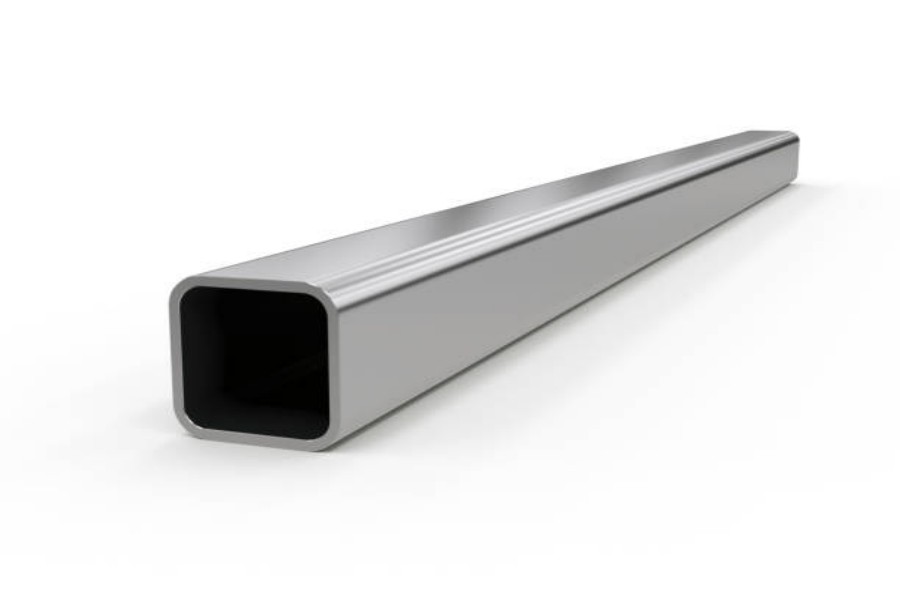Table of Contents

Introduction: Defining Titanium Crystal Bars
Before delving into the fascinating world of titanium crystal bars, it's important to first understand what this material truly is. Simply put, titanium crystal bars are elongated metallic bars made from high-purity titanium. This metal is known for its strength, resistance to corrosion, and its biocompatibility.
1. Manufacturing Processes
Titanium crystal bars are produced through a complex process that involves melting highly purified titanium in a vacuum environment. This process helps in removing impurities that may impact the physical and mechanical properties of the final material. Once melted, the liquid titanium sample is cooled on a rotating copper mould, producing a cylindrical-shaped bar.
2. Superior Strength and Lightness
Compared to other metals, titanium crystal bars are known for their superior strength-to-weight ratio. Ti is widely considered the strongest metal on earth, which is one of the reasons why it's heavily utilized in the aerospace and naval industries, among others.
3. Corrosion Resistance
Titanium crystal bars are highly resistant to corrosion, making them a great choice in varied applications such as architecture, biomedicine, and more. This resistance is due to the formation of a protective oxide layer when the metal comes into contact with air or moisture, shielding it from further oxidation.
4. Biocompatibility
Titanium crystals are biocompatible, meaning they're not harmful to living tissue. This is why they're commonly used in medical applications such as dental implants and replacement joints.
5. Superconductive Properties
Titanium crystal bars have remarkable superconductive properties, meaning they can maintain electric currents with zero electrical resistance. This unique ability is why titanium is used in particle accelerators, MRI machines, and other applications that require strong magnetic fields.
6. Titanium Crystal Bars in Aerospace Applications
Titanium crystal bars have uses in the aerospace industry, due to their high strength and lightness. They are ideal in the production of aircraft wings and fuselages, as well as engine components and various other supporting structures. Moreover, titanium crystal bars are non-magnetic, which makes them perfect for sensitive electronic equipment.
7. Medical Advancements with Titanium Crystal Bars
The biocompatibility of titanium crystal bars has made a significant contribution to medical sciences, including orthopaedic and dental implantology. Orthopaedics, in particular, has benefited from titanium's strength, biocompatibility, and corrosion resistance. Titanium crystal bars are also used in pacemakers and surgical instruments due to their non-corrosive nature.
8. Architectural Applications of Titanium Crystal Bars
Titanium is widely used in architecture due to its unique aesthetic attributes, durability, and corrosion resistance. Buildings around the world showcase the metal in various ways, including cladding, roofing, and support structures. The use of titanium in buildings is also environmentally friendly, as it is 100% recyclable.
9. Jewellery and Fashion Applications
Titanium has made a foray into jewellery and fashion accessories, and its popularity is only increasing. Titanium crystal bars and alloys are used in earrings, necklaces, watches, and more. The metal's lightness, strength, and ability to come in a range of vibrant colours make it perfect for jewellery lovers looking for a modern outlook.
10. Future Innovations with Titanium Crystal Bars
There are currently several innovations in titanium crystal bars, which may revolutionize the properties and applications of this metal. One of the most promising developments is titanium foam, which is produced by blasting molten titanium with argon gas.
